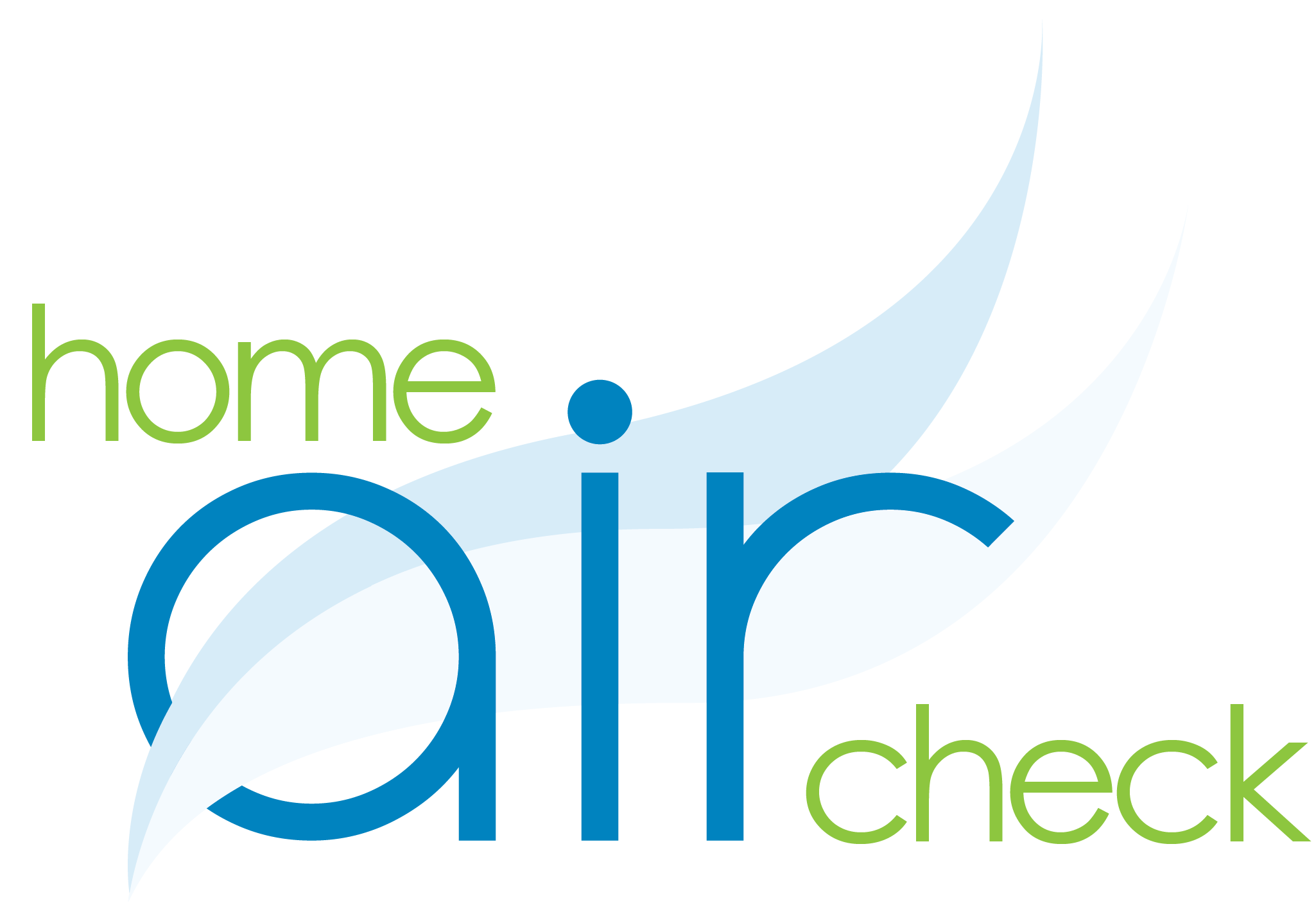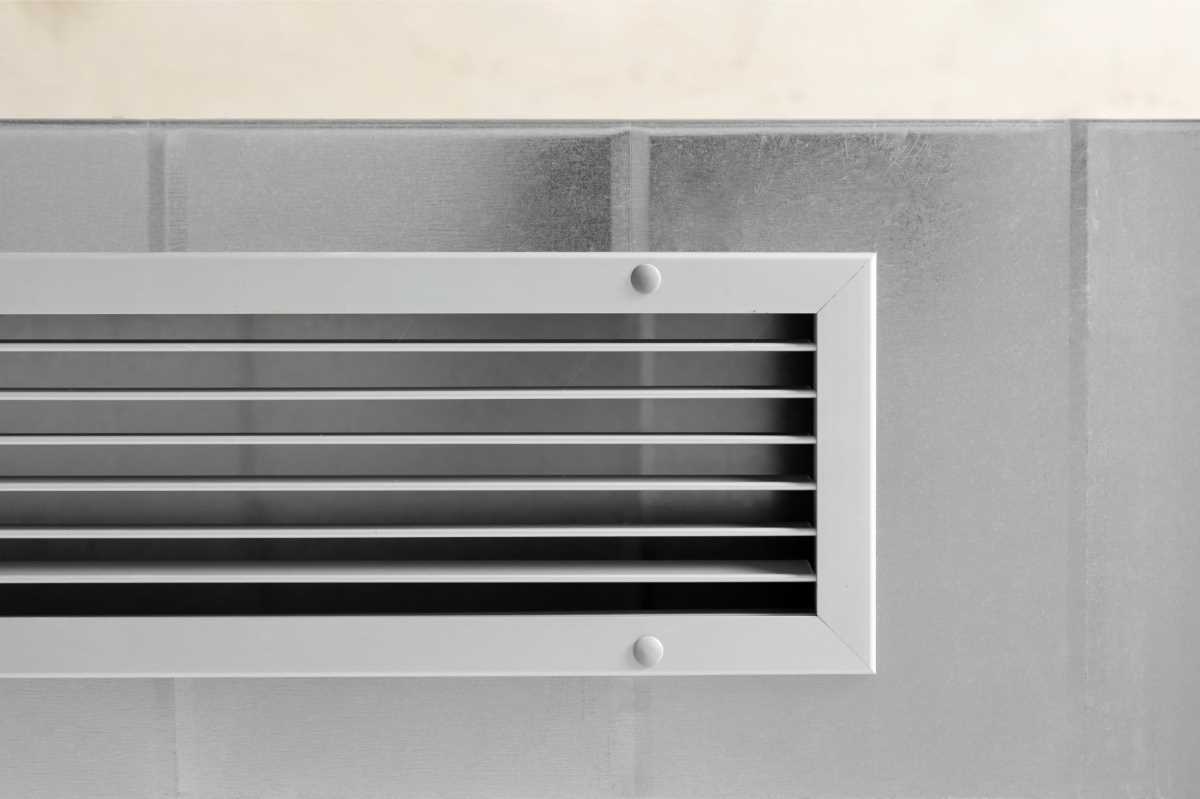As we move into Fall with colder weather creeping in, many of us are turning our furnaces on for the first time. It is likely you will notice a strange smell coming from your heating vents when that first heating cycle begins. Some of these smells are harmless, while others may be dangerous.
Are All Furnace Smells Dangerous?
In short, no. Not all furnace smells are dangerous-but they should be investigated. For example, that smell of burning dust that occurs for only a few hours and doesn’t return later in the season is nothing to worry about. However, the smell of burning plastic or oil could be an indication of something quite dangerous.
If there is a burning smell in your home that you are unable to identify, take precautions by calling your local fire department for an inspection.
Types of Furnace Fumes: What do they mean?
Burning Smell –
In general, this is a normal smell. This smell results from settled dust and debris on the coils being burned off as the system heats up. Similarly, new furnaces often have coated coils to prevent rust and corrosion that give off a burning smell as the system heats for the first time. However, if an older furnace has the same smell, lasting more than a few days, there may be more serious issues at play. In this case, it is recommended to call your local HVAC company.
Metal Smell –
This smell usually indicates that an electrical component is malfunctioning or has failed. Repairs should be made quickly to prevent further damage to the furnace.
Musty Smell –
If you smell a musty or mildew-like odor coming from your furnace or air supply vents, the culprit may be fungi. With forced air systems, this could be found in an area of moisture buildup in the furnace or ductwork that moves warm air through the house.
In contrast, if the smell seems to originate in the ductwork, you may want to consider an air duct cleaning service. When taking this route, be sure to close off the vents to prevent any accumulated materials from spreading to the rest of your home. Additionally, let everything settle before turning the furnace back on. Also important, ask questions to find out what chemicals are being used to better understand what is going in and out of your air ducts.
Rotten Egg Smell –
If you have a fuel/gas power-sourced heating system, this could be a sign of a leak. Leave your house immediately and call your gas/utility company or fire department. Fuel providers add certain chemicals to make gas leaks easier to detect.
On the other hand, the rotten egg smell can also indicate sewer gas from a dry drain trap or a pipe break. You may need to contact a plumber if your gas or utility company does not find a natural gas leak.
Properly Attend To Your Furnace
-Schedule a furnace maintenance appointment in the fall to ensure proper function
-Perform seasonal cleaning to remove the accumulated dust and debris before you turn your furnace on
-Change the filter before you turn your furnace on and replace it every 4-6 weeks during the winter months (or when additional smells or physical symptoms become noticeable.)
-Don’t forget, when it gets cold outside and your home is closed up to preserve the heat, VOCs (volatile organic chemicals) can build up, presenting an air quality issue that wasn’t apparent during warmer weather
For more information regarding keeping your indoor air quality healthy, visit the EPA’s IAQ webpage.


